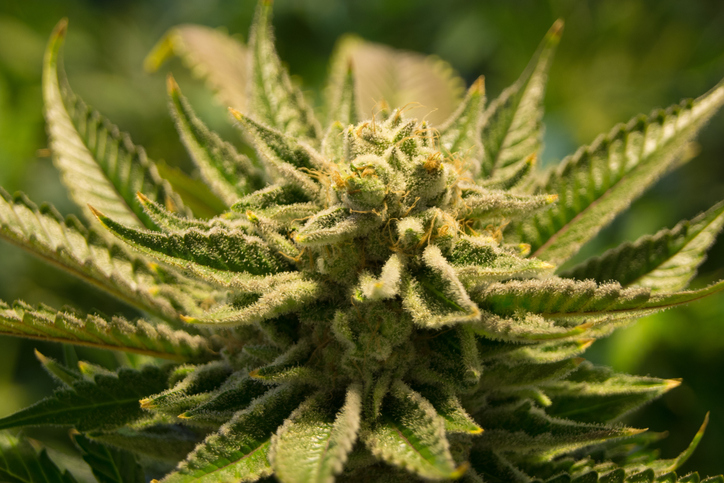
Source: Mohamed Bahssine / EyeEm / Getty
While the fight for nationwide marijuana legalization temper on, a Harvard and MIT alum gave a charitable $9 million donation to his alma maters in an effort to fund research.
Per the Harvard Gazette, Charles R. Boderick made gifts to the schools to, “support fundamental research into the effects of cannabis on the brain and behavior.” It is reportedly the largest donation to benefit independent research on cannabinoids, allowing for experts in neuroscience and biomedicine at both universities to conduct research that may help unravel the biology of cannabinoids, illuminate their effects on the human brain, catalyze treatments, and inform evidence-based clinical guidelines, societal policies, and regulation of cannabis.
“Our desire is to fill the research void that currently exists in the science of cannabis,” said Broderick, who is the founder of Uji Capital LLC with the goal of finding quantitative opportunities in global equity capital markets. Broderick has been an early investor in the Canadian marijuana market, also investing a stake in TOKYO Smoke which he also serves as a board member.
“I want to destigmatize the conversation around cannabis — and, in part, that means providing facts to the medical community, as well as the general public. Then we’re all working from the same information. We need to replace rhetoric with research.”
Wade Regehr, a neurobiology professor at Harvard Medical School (HMS), praises Boderick’s donation and passion for learning the positive effects of marijuana research.
“I am excited by Bob’s commitment to cannabinoid science,” said Regehr. “The research efforts enabled by Bob’s vision set the stage for unraveling some of the most confounding mysteries of cannabinoids and their effects on the brain and various organ systems.”
The proceeds will go towards a three-year study examining the cognitive and psychological effects as well as the social ramifications of weed use. While recreational use is now legal in 10 states, federal regulations still make proper research on marijuana and cannabis difficult.
“Even though cannabis products are now widely available, and some are used clinically, we still understand remarkably little about how they influence brain function and neuronal circuits in the brain,” said Bruce Bean, another HMS neurobiology professor. “This gift will allow us to conduct critical research into the neurobiology of cannabinoids, which may ultimately inform new approaches for the treatment of pain, epilepsy, sleep and mood disorders, and more.”
MIT researcher, John Gabrieli, hopes to find the therapeutic value of cannabis with adults with schizophrenia.
“The ultimate goal is to improve brain health and well-being,” Gabrieli tells the Gazette. “And we have to make informed decisions on the way to this goal, wherever the science leads us. We need more data.”
















